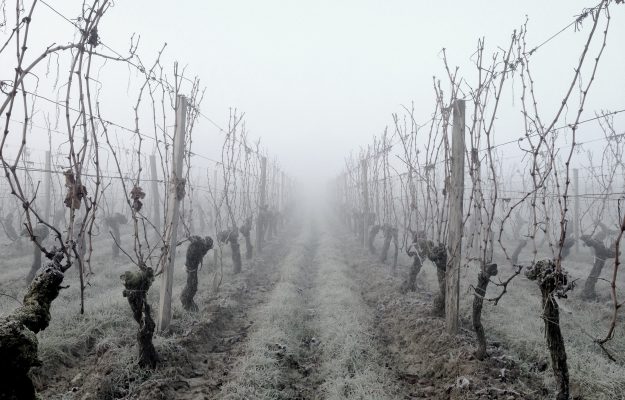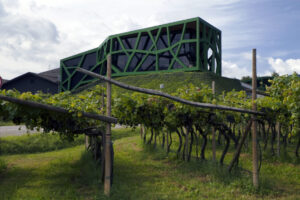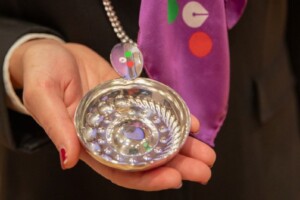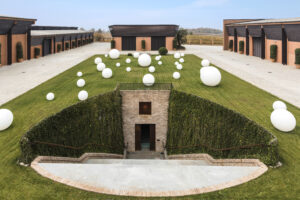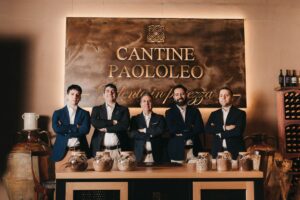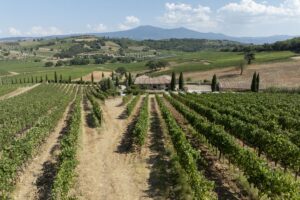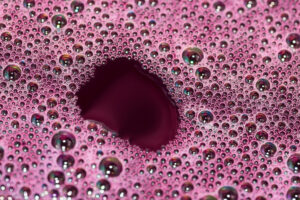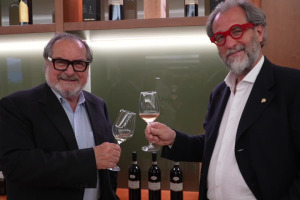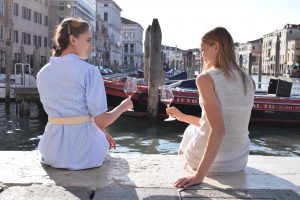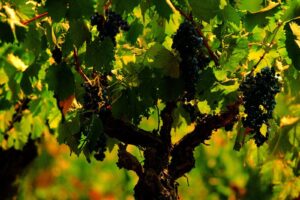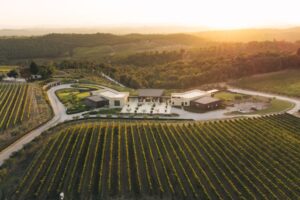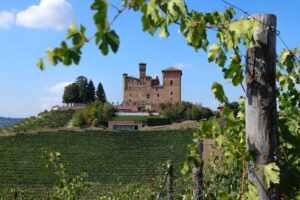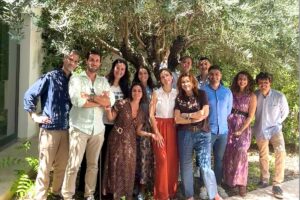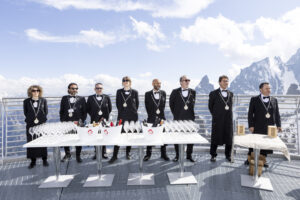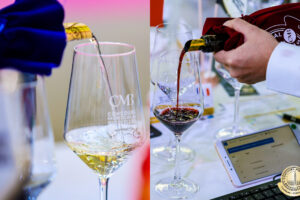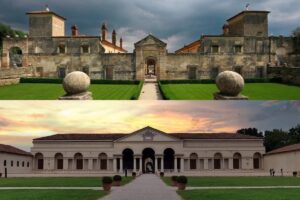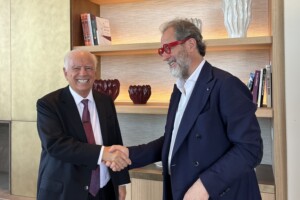Creating an organic district on the hills of Barolo and Barbaresco and planting millions and millions of trees: these are two of the wishes expressed at the meeting promoted by the Gedi-La Stampa Group, in a very crowded Ferrero Foundation in Alba. “The alphabet of the future” is a tour of Italy where innovation will be discussed. On the Unesco hills of wine, it was decided to talk about the environment and climate change. The initial idea was launched by Luca Ubaldeschi, director of “Il Secolo XIX”: “how did we manage to be so obtuse as not to understand that we cannot pursue our objectives without taking into account nature? What can we do to rebalance the relationship between man and nature?”. Carlin Petrini, the founder of Slow Food, was interviewed by Maurizio Molinari, director of “La Stampa”: “Climate change generates changes in crops 100-200 kilometers to the north and therefore in culture. In the south of the world, in sub-Saharan Africa, millions of hectares are becoming arid: it is no longer possible to raise animals or cultivate fields. This is the central problem at the global level: this territory is involved like any other corner of the planet. And to lose out, of course, are the populations, forced to migrate where it can be grown, and then survive. The United Nations speaks of 250 million migrants caused by climate change. What can be done for farmers? “There is a climate zone that will benefit: in Russia, Lithuania, and Northern Europe in general, there will be a new agricultural and economic reality. The inhabitants of sub-Saharan Africa will pay duty. It is no coincidence that even here in Italy they are planting grapes in the Upper Langa and that they are doing it more and more in England. In Sicily they are planting bananas: the crops are changing, and consequently the culture. The situation is dramatic because everyone says that we need to change our lifestyle, but these are slow processes which will not come in time to deal with change”. What to do? “The most important thing is to plant trees, it is the only hope we have to mitigate this process. And our proposal to plant trees has been accepted by the Anci”. Speaking of climate and change, what does Carlo Petrini of Greta Thunberg think? “I agree with the denunciation of Greta, with the needs of her generation. It makes me angry to see that there are people who ridicule her. Consumerism has crushed so much the pedal that the earth now stops us, it is necessary that the reasoning of profit as the only goal changes. We need a movement of education that starts with the new generations”. And on Terra Madre 2020: “We will talk about land. The earth is more important than food: if there is no earth, everything else disappears”.
Another guest Antonello Pasini, CNR physicist of climate: “there has been an unprecedented climate change in the last 2000 years: today’s warming is global, while what happened in the Middle Ages was area-based and therefore linked to the climate, not to greenhouse gases. What we have created is new pollution, linked to heat. Agriculture will be affected by great drought, especially corn and cereals. The risk of desertification is very high: the desert is eating its fertile land”.
And the problem, and therefore the damage, does not stop strictly at agriculture, but also affects viticulture: the journalists Massimo Mathis, editor-in-chief of “La Stampa - Cuneo”, and Roberto Fiori, head of “La Stampa - Alba”, urge the world of Albanian wine. “The climate changes of recent years - says Rossana Gaja of the prestigious winery of Barbaresco Gaja - represent a very important challenge for wine: the vine is a sensitive being.When we three brothers joined the company, we put pressure on our father Angelo to use important scientists to help us work without weeding in the vineyard: today we sow essences, legumes, and grasses”. While she is talking, the photos of the vineyards of Barbaresco are scrolling: “Any examples? Barley is a natural plough of the soil. It is not cut but folded so that the layer of vegetation becomes a thermal blanket. Sowing mustard rebalances the soil and cleans the soil, has a disinfectant effect, and keeps pests away. Phacelia attracts bees and feeds them”.
Another history of environmentally friendly viticulture in the Alba area is that of the Ceretto label: Alessandro Ceretto has converted 160 hectares of his family’s vineyards into biodynamic and biodynamic vineyards. “An organic district on the hills of Barolo and Barbaresco? It is a dream - he said - that I would like to see come true. I started in the 2000's when we talked more about the style of vinification than about the soil. A biodynamic manual opened my eyes, stating that excessive exploitation and working of the soil leads to impoverishment and that conventional monoculture leads to desertification. So, I began to study and understand how to change approach. And in the end, we changed everything, from rootstocks to fertilizers. Between us Cannubi producers we agreed to be all organic. In difficult years, the costs of managing organic produce double, to 20-30% more. We need to open a serious argument to understand if organic is the future of these hills”.
Copyright © 2000/2025
Contatti: info@winenews.it
Seguici anche su Twitter: @WineNewsIt
Seguici anche su Facebook: @winenewsit
Questo articolo è tratto dall'archivio di WineNews - Tutti i diritti riservati - Copyright © 2000/2025










